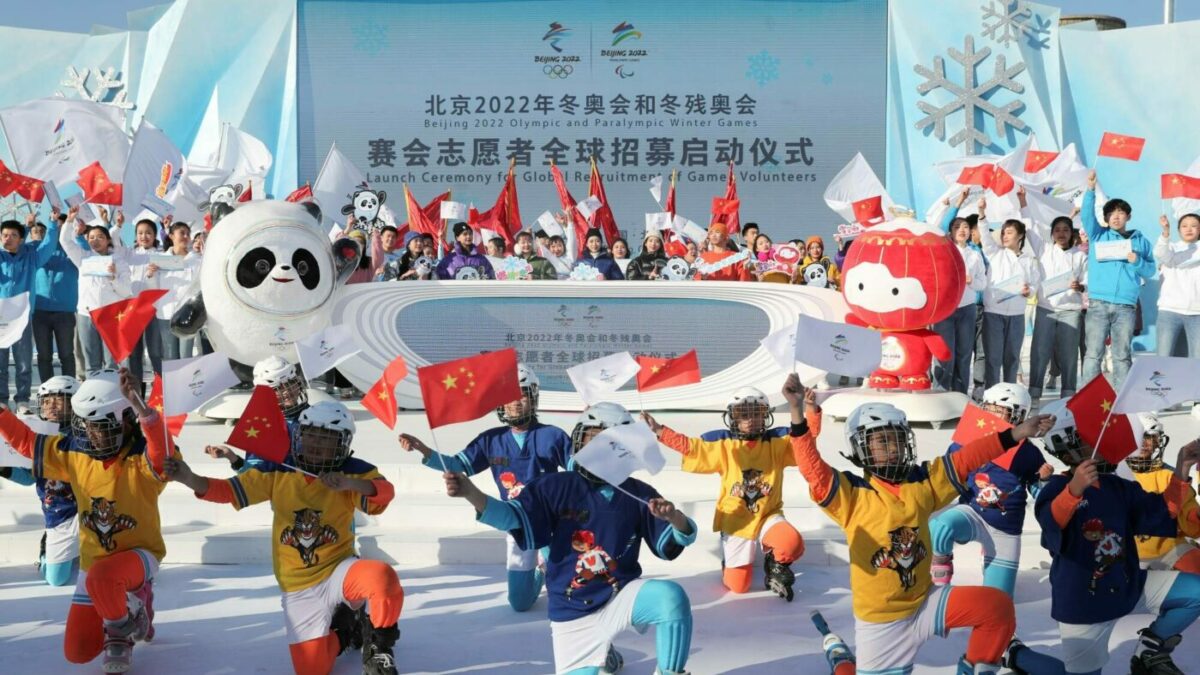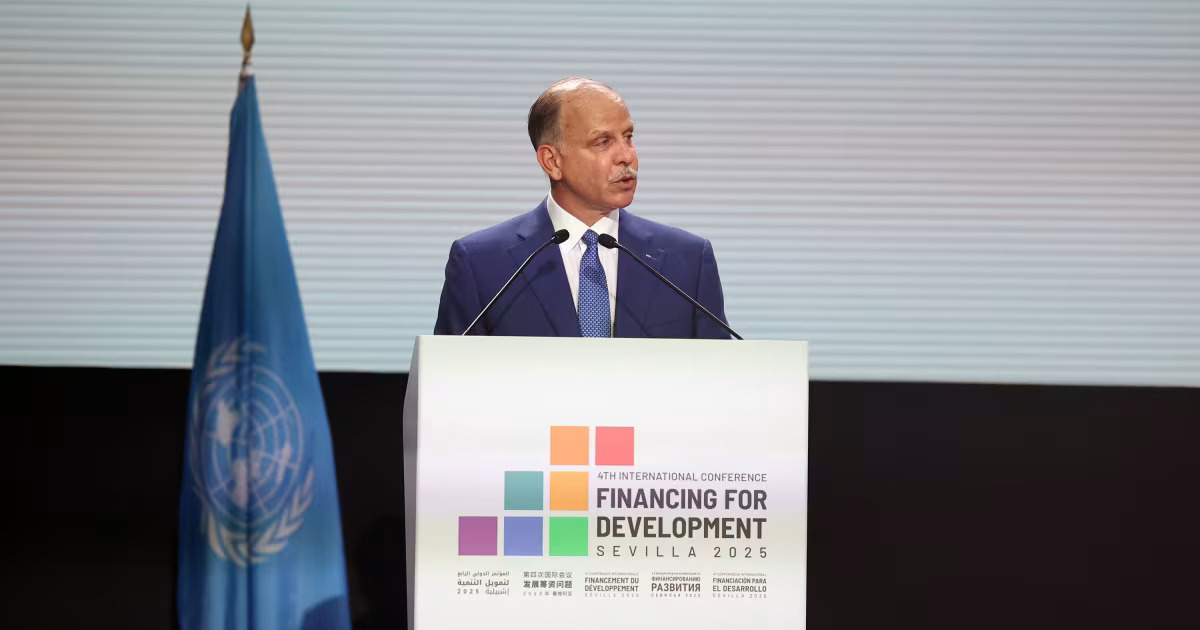With the 2022 Beijing Winter Olympic Games scheduled to start on 4 February, concerns are rising over the ongoing COVID-19 pandemic, with the International Olympic Committee (IOC) and Games organisers insisting the Games will go ahead as planned.
After the Beijing Winter Olympic Organising Committee revealed its COVID-19 protocols for athletes and staff, which mean infected people will not be able to train, compete or work in any capacity, and will be sent straight to a designated hospital or isolation facility depending on their symptoms, concerns emerged the Games would be too disrupted and would need to be postponed.
With the release of the protocols, Beijing Winter Olympic Organising Committee deputy director of epidemic prevention and control office, Huang Chun, said China is prepared to handle infections due to the Games, despite the Committee and population being “very concerned” about the impact of COVID-19.
“Our line of defence will prevent infections from spreading to the city, and we should hold this line especially regarding the highly contagious Omicron,” Huang said.
Huang said asymptomatic COVID-19 athletes and officials will be tested every 24 hours in isolation and will be released if they return two negative tests within 24 hours, including one within six hours of their next competition.
Despite the concern from the Organising Committee and Chinese population, World Health Organisation (WHO) executive director of health emergencies programme, Michael Ryan, said the Games will likely go ahead without a major outbreak.
“The Chinese authorities have very strict measures in place, and they’ve released a series of different playbooks,” Ryan said.
“We continue to review those playbooks with the IOC.
“I’m confident that, given the information we have, that the measures that are in place for the Games are very strict and very strong and we don’t, at this point, see any increased risk of disease transmission in that context,” he said.
The IOC has also recently confirmed the Games will proceed on schedule as planned, with Switzerland team leader, Ralph Stöckli, saying the IOC promised officials worldwide in a video conference call the Games will not be postponed.
“The issue of a postponement is no longer relevant to all of us,” Stöckli said.
“It’s a positive signal… we would have had to assume many athletes, no longer presenting any risk of infection, would have been deprived of their dream of participating in the Olympic Games,” he said.
Elsewhere, North Korea, who had already previously been banned from competing in the 2022 Winter Olympics by the IOC, announced it would not send any athletes to the event due to the COVID-19 pandemic and “hostile forces’ moves”.
In a statement, North Korea’s Olympic Committee and Sport Ministry said in a letter to the Chinese Olympic Committee: “We could not take part in the Olympics due to the hostile forces’ moves and the worldwide pandemic…”
“But we will give full support to all the work of the Chinese comrades to hold a grand and wonderful Olympic festival,” the statement said.
North Korea’s Olympic Committee was originally suspended by the IOC in September 2020 due to a break of the Olympic Charter after they refused to send athletes to the Tokyo 2020 Olympic Games due to fears of COVID-19.
The country, after being suspended by the IOC, blamed the US “and its allies”, citing the move was in the effort of further diminishing public image of the country and the host of the Games, China.







